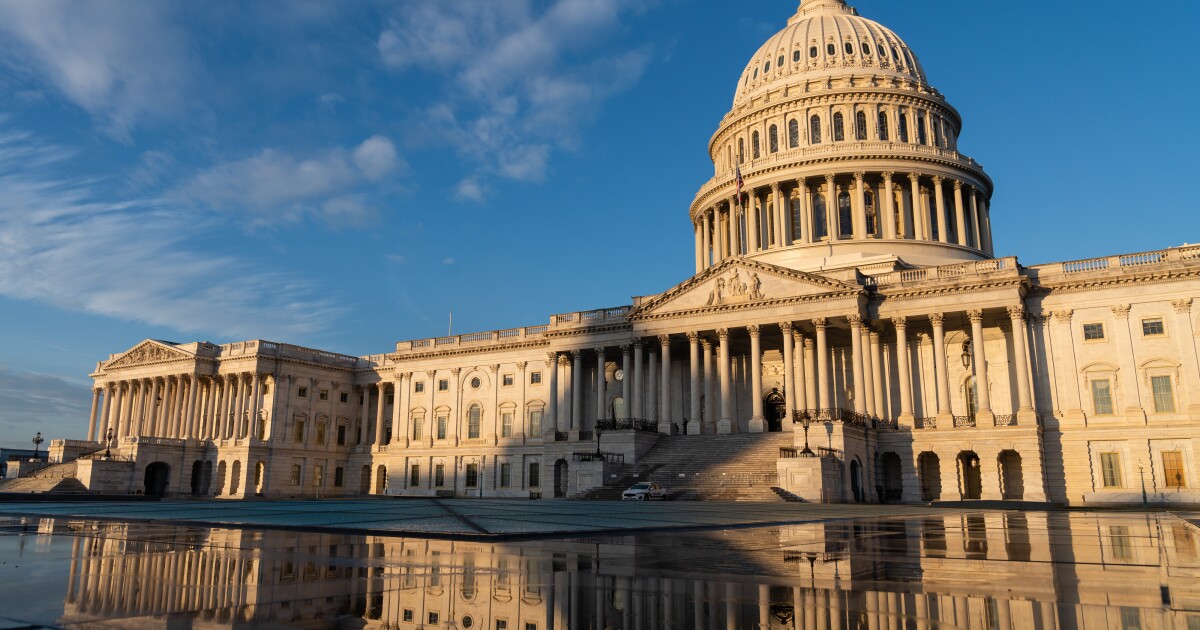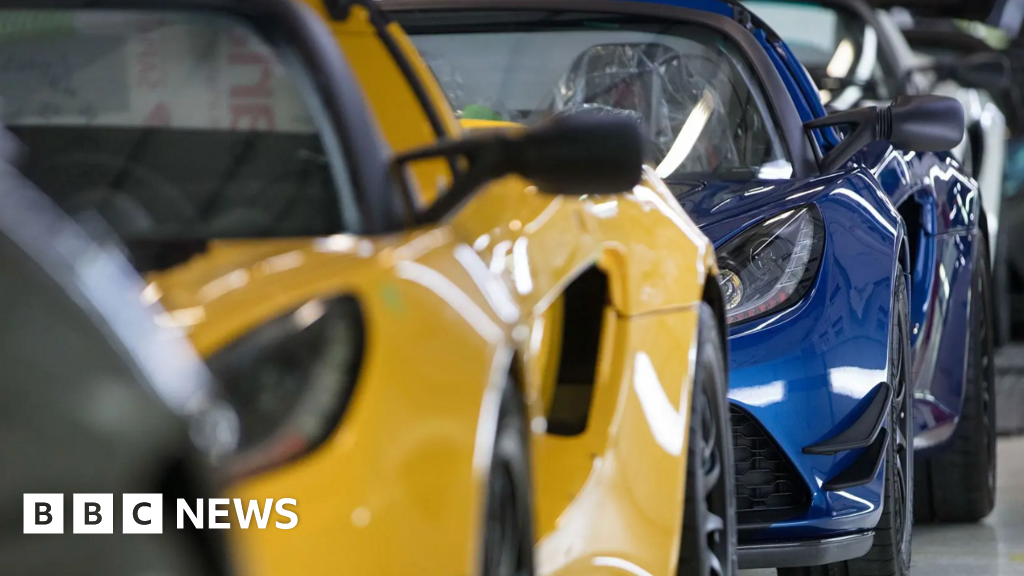OpenAI’s CEO, Sam Altman, has weathered a chaotic year, with recent weeks being particularly bumpy. In his first public appearance since his surprising firing and subsequent rehiring at ChatGPT’s helm, Altman wryly admitted feeling a bit “worn out.”
Despite fatigue, the 38-year-old mapped out the challenging journey ahead to advance OpenAI’s products. He conceded that he anticipates grappling with considerable pressure and negativity as he steers the company towards its goals.
Altman appeared onstage at the Hope Global Forum in Atlanta on Dec. 11, speaking to Operation Hope founder and CEO, John Hope Bryant, or his first in-person appearance since taking back the top job at the Microsoft-backed large language model (LLM) creator.
Altman outlined his aim for the company was to continue listening to users and wider society, and said he understood some of the fears about how his technology could be used to damage humanity.
“I really wanted to do this and I wish I were a little less tired and more engaged—I’m sorry, it’s been a long few weeks, I’m a little worn down, but I’m delighted to be here,” Altman told the audience.
He continued: “It’s definitely weird being in the news and reading these things that just don’t seem like me at all. But in the spirit of having empathy for your enemies even, I think people have a lot of anxiety about AI and I get that, I feel that too. They need a person to project it onto and I’m just going to, unfortunately for a little while, be that person and that’s alright.”
Altman also acknowledged the year since ChatGPT launched has also changed the lives of OpenAI’s 770 staff—many of whom signed an open letter threatening to resign if Altman had been ousted for good.
“We thought [ChatGPT] was not going to be a big deal,” Altman said. “We thought it’d be a medium deal, we thought it’d be like ‘Oh people are going to like this, they’ll think it’s cool’ but we then jumped into this tornado that has not stopped.”
OpenAI’s “tornado” consisted of gaining 100 million users within two months of launching, as well as prompting a roster of competitors to launch their own rival LLMs.
Altman has been thrown into the spotlight: conducting a 22-country world tour, sitting down with world leaders and finding his image on the front pages of the world’s media.
“Everybody’s life at the company—we had to do what most companies do in a five or ten-year period in a six month period,” Altman continued. “That was really hard. Obviously it led to all sorts of crazy stuff, that was a very fun, very blessed to have been through it, but a very painful and difficult process.”
Altman acknowledges job fears
Altman also had some home truths about what impact LLMs could have on society.
Warnings have ranged from Terminator-like dystopian fears to Goldman Sachs’s estimation that 300 million jobs will be disrupted by the technology. Other experts say concerns are overhyped, while the likes of JPMorgan Chase CEO Jamie Dimon said it could speed up the adoption of a shorter working week.
The OpenAI boss said it was important to be honest about these fears, saying concerns jobs may become obsolete could prove to be true: “That could happen, and I think it’s worth being very honest about it.
“I was very afraid for a while that the way this was going to work was AI just started doing every job and it went from the grocery store checkout clerks to doctors, but what seems to be happening and I think what will happen more than I originally thought, is it will be a tool … that changes the way people do their jobs, in the same way that mobile phones did, the internet before that did, and computers before that. We adapt and find new, better ways to work.”
Credit: Source link











